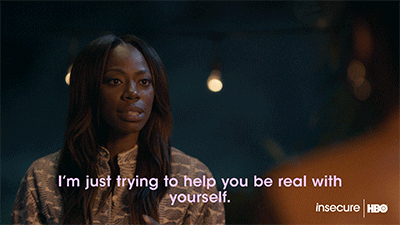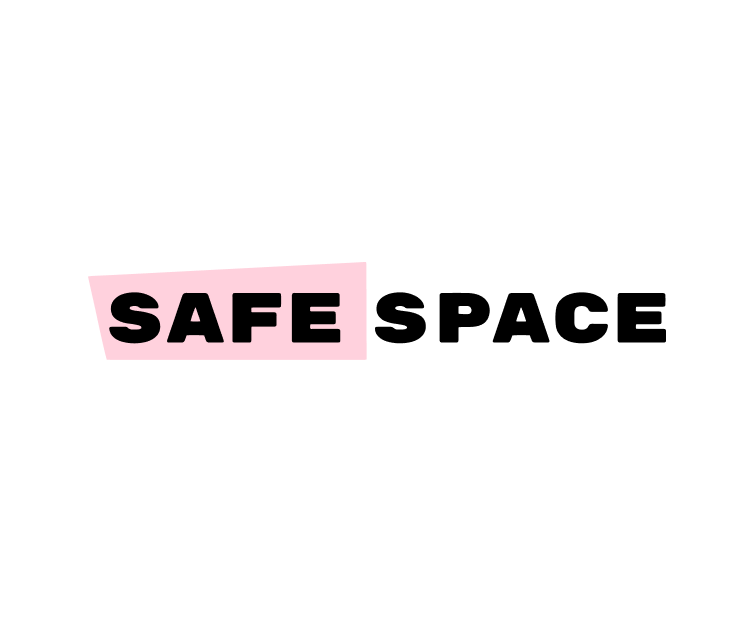
Once your company values are set and rolled out, employees should all know how to act right???
Maybe not.
Every organization has unspoken values.
Unspoken values are the values that don’t get written down. They are the behaviors that are learned through observations and experiences.
“This is the way we do things here.”
Chances are a lot of your unspoken values are actually at odds with your set or aspirational culture.
Hot take: your culture is your unspoken values.
It’s the quiet things employees say to one another about what is tolerated and accepted at your organization.
Best case scenario: your unspoken values amplify positive behaviors and foster an amazing culture.
Worst case scenario: your unspoken values are at complete odds with your set values and your culture suffers, there’s a say/do gap and employees flee the organization. Yikes.
The quickest way to end up in the worst case scenario and do some real damage to your culture?
Making exceptions for employees’ behaviors.
Culture is set by the exceptions to the rules.

Building culture can feel like one giant game of tradeoffs.
Me to myself: I couldn’t help but wonder, if I made this exception now how would this impact the culture down the line? Are employees going to remember this?
Clearly, I’ve been there, and I bet you’ve been there too!
When it comes to exceptions, sometimes we have to make them and other times we’re forced to make them…
JOIN 130K+ HR LEADERS
Get insights, learnings, and advice on how to build companies and cultures that people actually love.
No spam. Unsubscribe any time.
An example: A company says they have a “no assholes” policy but there is an employee who is, in fact, a raging asshole. But said raging asshole also happens to be a top revenue driver. A conundrum.
The company doesn’t want to lose access to that revenue so they make an exception and brush off the advice from HR about the lasting damage this could do to culture.
Executive: Think of the revenue we’ll lose!
HR: Think of the trust we’ll lose!
Other employees start to notice those behaviors and suddenly there’s a story about how this certain employee can behave a certain way while others cannot.
They come to HR and ask, how come this is the case? And truthfully, you don’t have an answer because this was an exception you were forced to make.
It’s a slippery slope.
So while you could be reprimanding that asshole employee behind closed doors if that behavior continues and no further action is taken employees will be led to believe that the asshole employee is above the rules.
Your unspoken values start to include: You can be an asshole if you produce enough revenue. (Been there, hated it)
Other common “exceptions” to the rules:
- Top performers
- Leaders / Execs
- Founders (it’s their company vibes)
- Nepo babies (jk)
When it comes to your values, exceptions can be dangerous because they’re rarely fair (we’re biased!) and they set a precedent.
But the next time you’re in a culture tradeoff scenario there are a few things you can do to ensure the exceptions you make aren’t detrimental to your culture.
What can HR do?

Sometimes working in HR can feel really hard because there are things that are outside our control.
Like the exceptions others are willing to make.
If you find yourself in an environment where your leadership team is willing to make a lot of exceptions for certain employees’ behaviors here’s a few things you can do:
Communicating the impact to leadership. Exceptions set a precedent that aren’t aligned with our values and the impact is certain employees believe they are above the values that hold everyone accountable.
BTW: Usually the exceptions being made are rooted in bias and certain employees get away with more than others. Just sayin’
Alas, even if you think leadership wont give a sh*t – you have to give them a chance to disappoint you. If they do, you might have a clearer picture of what they value.
Know your values / limits: It’s not a great feeling to be the HR person who has to look the other way because leadership makes an exception and you can’t override the decision. But until we run our own companies we may be placed in the situation more often than we like.
Knowing what your leadership values and what you value is quite powerful.
If your values are completely misaligned with the organization it may be wise to consider finding better alignment.
Do a listening tour: If your employees trust you, they will confide in you! Take the time to talk to your employees about their experience and what their perception of the company is.
If you start hearing the same thing over and over again like this employee is hard to work with or why can someone behave that way but not me, that is PRECIOUS DATA to use to make your case to your leadership team.
Your unspoken values are there, sometimes you just have to look and listen hard enough to find them.
What HR can’t do?

Uh literally nothing because we are freaking SUPERHEROES.
But seriously, there are things we can’t do like fire anyone we want or easily swap out founders and executives.
As much as some of us might want to.
Our ability to impact culture can be limited if you are dealing with a lot of bad actors.
Is it even possible to build great cultures and have bad leaders?
Cliffhanger: More on that next week!
Accountability time:

Your unspoken values already exist.
But are they in conflict with your set values?
I challenge you to truly think about this.
Write down WHY there is a conflict between what you say you value and what employees actually think you value.
If your answer is leadership, boy do I have the perfect edition for you next week.
Until then, hope you have no assholes to deal with this week!


